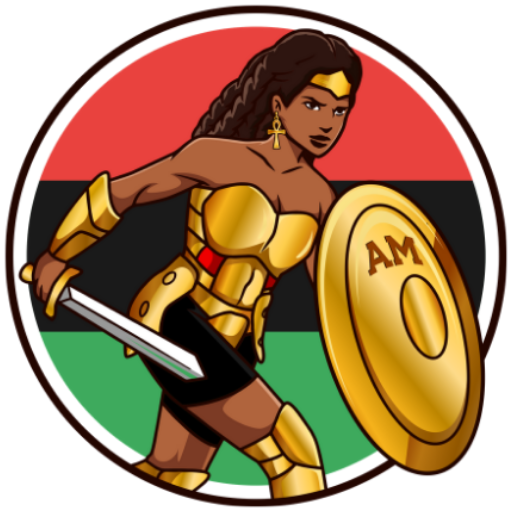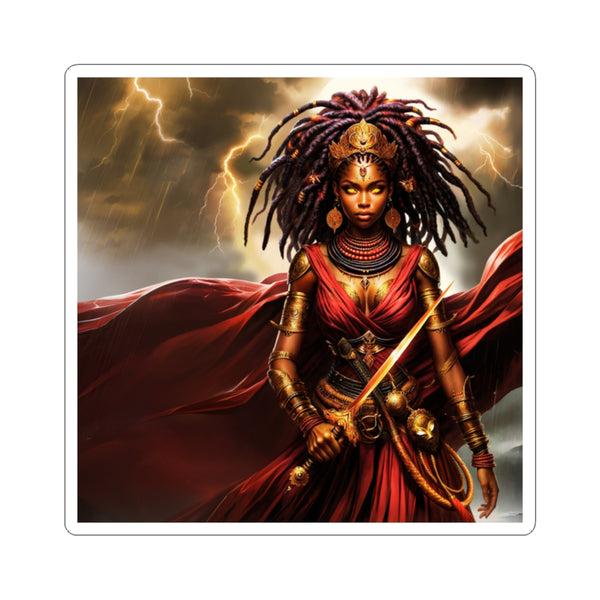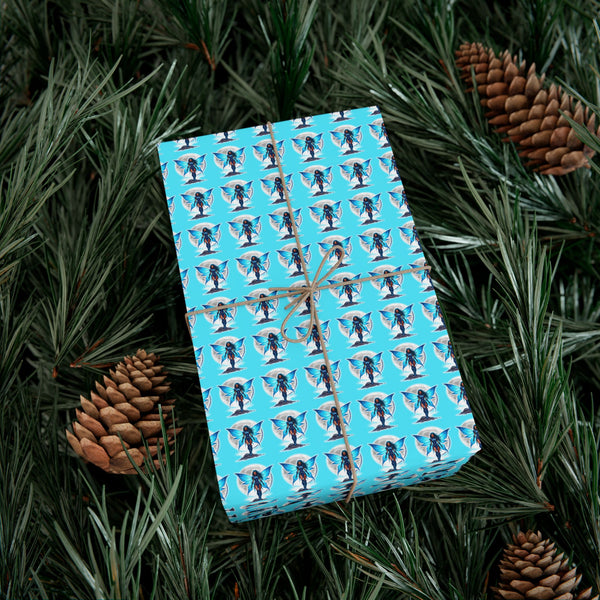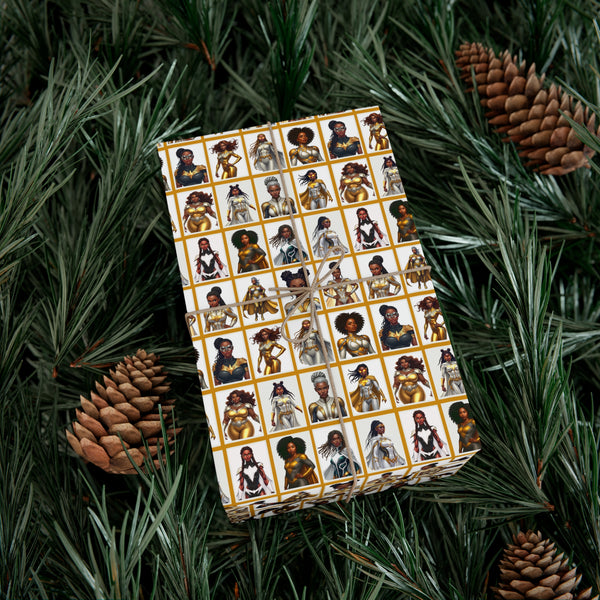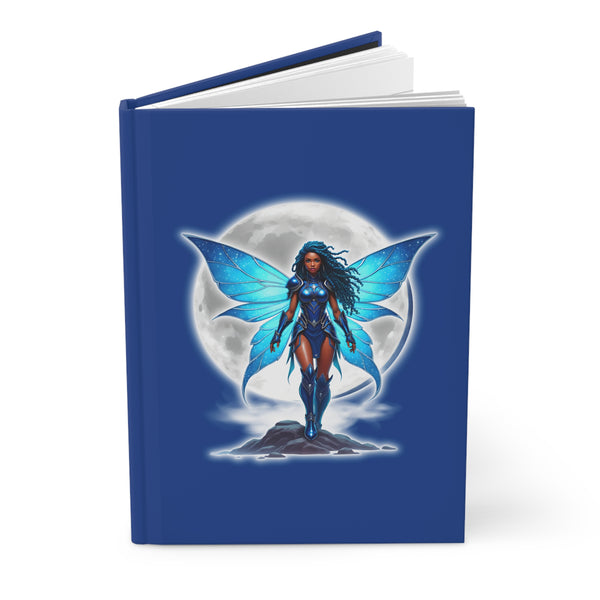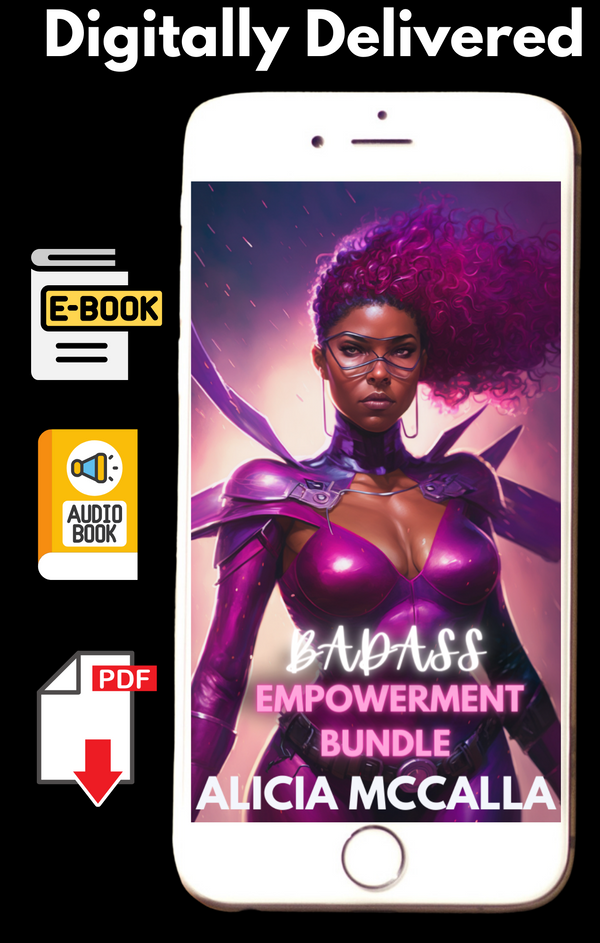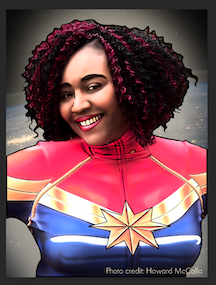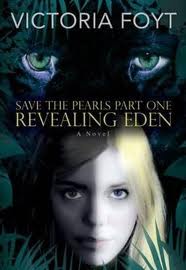
From White Racial Superiority to Mother of an Evolved Species: A Critical Analysis of Save the Pearls
Share
Last week, one of my former students emailed me in distress over this series, "Save the Pearls." Her anger stemmed from the obvious racially negative subtext (conscious and unconscious) that related to whites as "pearls" and blacks as "coals" in this controversial YA novel.
Admittedly, I was horrified by the obvious racial insensitivities within the first book's descriptions on Amazon as well as on the "Save the Pearls" website, where the love interest, Jamal, has the astrological sign labeled "pimp." The book trailer also was very disturbing with a young, blond woman in black face, telling her tale of reverse discrimination in her post apocalyptic world where her white skin makes her genetically-inferior and unable to handle the "heat." Could someone really publish such a book in the 21st century? But what worried me the most was that this book was written for teens.
In college, I remember writing a paper about the Bakke decision. At the time, it was a well debated issue. Could whites receive reverse discrimination? Many people said that this idea was ridiculous. But after reading Book 1 of "Save the Pearls", I'm convinced that this is a true fear for some whites. To take this a little further, I find that the premise behind the "Save the Pearls" series is a backlash against:
• Whites who receive plastic surgery to look more "black" by adding a larger rear-end and fuller lips as well as those who engage in excessive tanning.
• The election of a mixed race or black president.
• Integration
• The dream of racial harmony or inclusion of all races in a new world order.
Eden, the protagonist in the story, might well have been named Lily or Lilith. In my bubble tweed on my Kindle Fire, I tweeted several lines within Book 1 where Eden's mindset is not one of an oppressed minority. Her thinking is one of entitlement and anger. She harbors both resentment and intense racial hatred. Further, she sees herself as being the center of beauty even when her prospects for a mate are limited. As a side note, it is rather suspicious that in this "black world", the blond, white woman is still considered to be the standard of "true" beauty as evidenced that the black males treat her as the most desirable trophy.
As someone who has study the mindset of oppressed peoples, I find it hard to categorize Eden has oppressed. She certainly suffers in her society but both her racial insensitivity and sense of entitlement make her an unlikeable character. Her thoughts are littered with conscious and subconscious subtext about 20th and 21st century racist attitudes. These insensitivities make it hard to make meaningful connection. The premise of reverse discrimination may be sound but the racialism takes away from the overall concept. Whites are "pearls", Blacks are "coals", Asians are "Ambers", Latinos are "Tigers" and Native Americans are called "Indians." Finally, Albinos are "Cotton." Do I need to say that the only positive association is that of the "pearl?"
Other racialized subtext includes the concept of "passing." Passing is a term for a person of mixed race who has the ability to "pass" for white. No amount of darkened skin cream will ensure that a white person can pass for black. The idea is laughable except the terrible history where whites smeared their faces with black shoe polish as a racist joke.
Eden's grooming habits are superficial, in that she puts on a "black face" using cream, adds brown contacts to cover her "beautiful bell blue eyes", adds lipstick that makes her lips fuller, and wishes for a larger rear-end. Her changes, of course, are all easily able to revert back to their natural state and so therefore are null. She regularly dreams about a time where women who looked like her "were beautiful" and acts accordingly. She's not fooled by the standard of beauty that the ignorant "coals" have set.
It is apparent, at the end of the novel, that Eden's racial superiority transforms or softens. She does come to terms with her prejudice in an "Out of Africa" type setting. In the "wilds" of the Amazon, amongst Spanish speaking Indians, she connects with her inner beauty and falls in love with the only Black male billionaire who is genetically-flawed by being able to produce albino children. He foolishly loves her even though he's suffered a severe heartbreak and betrayal by another "pearl" who happens to look like Eden's twin. It's obvious that no "coal" woman would have him with his genetic flaws.
Eden's father, a misunderstood mad scientist, is able to create a new "master race" where the albino child, defective "coal" billionaire, and Eden will become a genetically-superior hybrid human/animal who can survive the "heat" and take over the "coal" world.
Deep sigh.
If you have any comments about the pros/cons of this novel or series, I'm listening. I'd really be interested in how we can turn this book into a message of racial healing and harmony. Tell me what you think.
